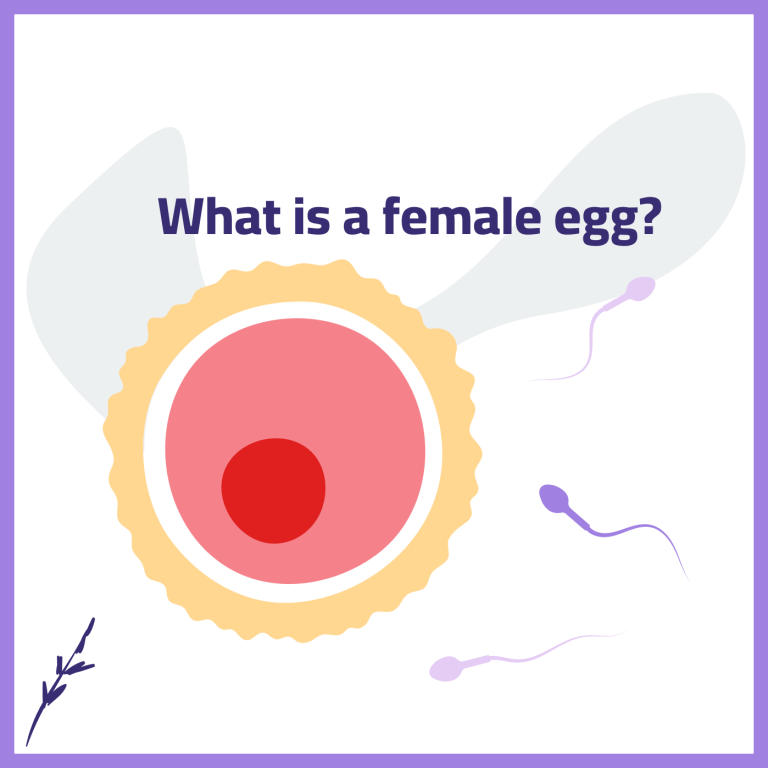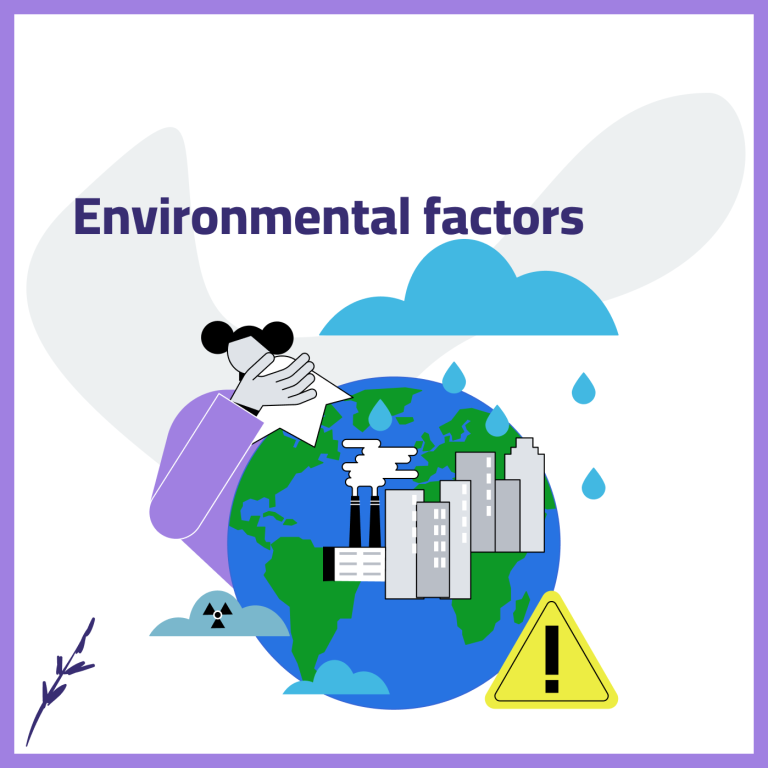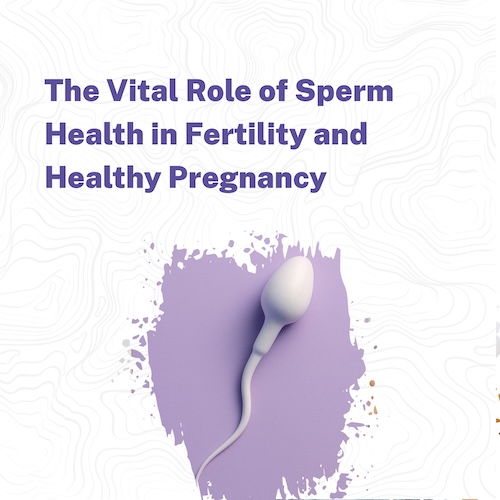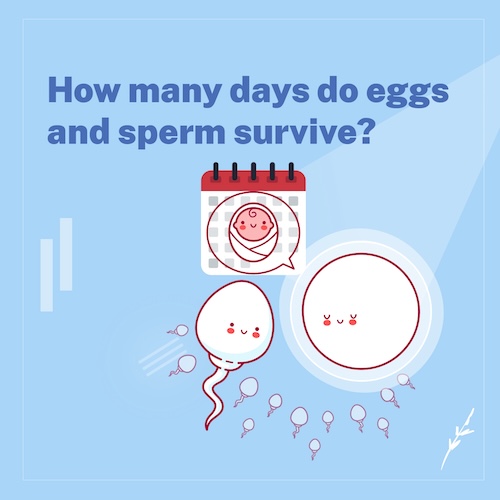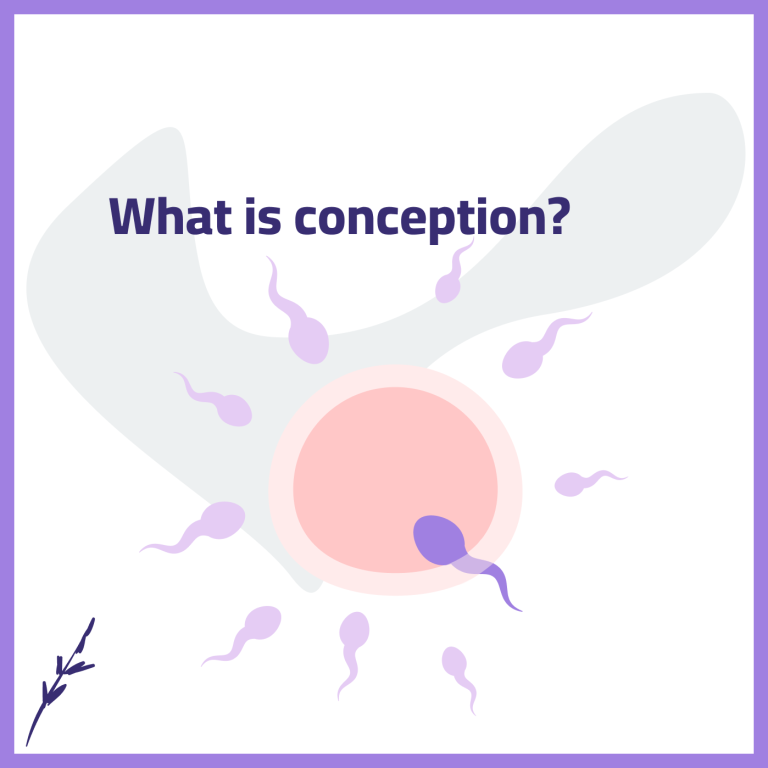What is Period
In the context of fertility, a “period” refers to the menstrual cycle, which is a monthly process that prepares a woman’s body for pregnancy. The cycle is counted from the first day of one period to the day before the next period starts. It typically lasts between 23 to 35 days, with an average of 28 days .
Here’s a brief overview of the menstrual cycle and its phases:
- Follicular Phase: This phase starts on the first day of the period and ends with ovulation. During this time, an egg matures in preparation for release.
- Ovulation: This is when the mature egg is released from the ovary, typically occurring around 10 to 16 days before the start of the next period. This is also the time when a woman is most fertile .
- Luteal Phase: After ovulation, the body prepares for a potential pregnancy. If the egg is not fertilized, hormone levels drop, leading to the shedding of the uterine lining, which is the period.
The period itself is the shedding of the uterine lining and is accompanied by bleeding. It usually lasts from 2 to 7 days. Understanding the menstrual cycle is crucial for fertility tracking and planning for pregnancy.


